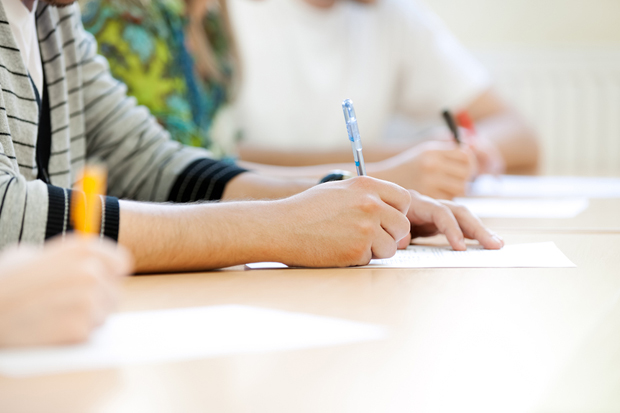Students falsifying English tests and financial documents to enter Australia
THERE has been a sharp rise in student visa cancellations in 2014 with students falsifying English language test results and financial documents to gain entry into Australia. Allan Tanoemarga brings you the story.
A recent report published by The Australian reveals a sharp rise in student visa cancellations in 2014 with students falsifying English language test results and/or financial documents to gain entry into Australian colleges.
More than 7000 student visas were cancelled by the Federal Government in the last financial year, a threefold increase in just two years, according to figures obtained by The Australian. There were 4930 visa cancellations in the previous financial year, and 1,978 in the 2012 financial year.
This does not include roughly 1000 international students found by the Department of Immigration and Border Protection to be “course hopping”, a practice whereby students enter the country on a streamlined student visa only to illegally transfer to an unaccredited course later.
Australian Council for Education and Training (ACPET) chief executive Rod Camm believes the practice has widely affected education providers across Australia including language schools, TAFE and VET colleges. Mr Camm told The PIE News that in the extreme case, students “not only course hop but become ghost students” in order to work rather than study.
According to The Australian, the rise in “bogus” students has pushed the Federal Government to step up its efforts and assist tertiary colleges in identifying genuine students, including the issuing of warnings to universities and colleges about the possible risk of irregularities in financial documentation from Nepal.
The University of Wollongong in New South Wales has told The Australian that procedures have been tightened and new restrictions put in place around financial documentation recognised by the university.
Meld spoke with Council of International Students Australia (CISA) Thomson Ch’ng who also advised genuine international students to speak up if they knew of students who have used false information to gain access into the country.
“The student voice has a role to play in this particular matter and it’s very important that the government and education providers actually work together with [genuine] students to make sure that we eradicate non-genuine [students’] behaviours.”
A 2014 report by Group of Eight Australia shows Australia is the third most popular study destination in the world and attracts around 300,000 new international students each year. This number contributes roughly $15 billion to the economy to become Australia’s fourth largest export, following iron ore, coal, and gold.

